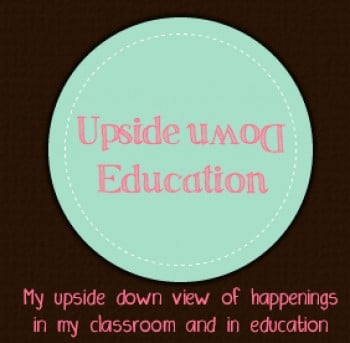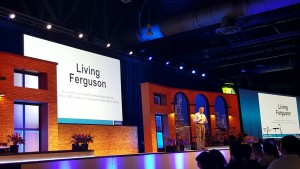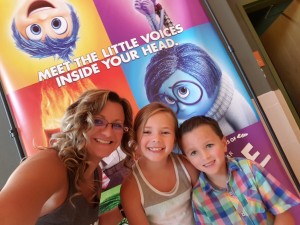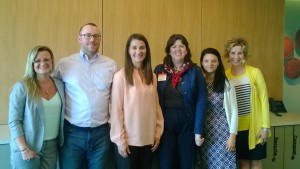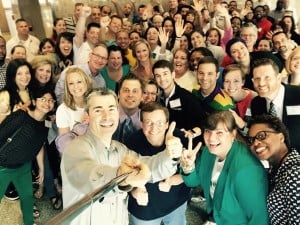Sitting in today’s Ignite sessions at #ISTE2015 I felt inspired. My friends talked about things that are not the norm and did a bit of pushing the envelope. Rafranz talked about diversity in ed tech, Pernille about kids hating school and what we can do to change it, and Bob about what he experienced living in St. Louis during the unrest in Ferguson and how we should use tech and influence to make a difference. All of the ignites were awesome but these were one of the 3 that actually made you question “why are things staying the same?”
My thinking hasn’t left that question yet. But what makes them different, they were not promoting a product or something that one person can do. No, they were talking about changing mindset and making a difference.
You see, I’m learning there are two types of thinkers. There are those who think “we should do__ right now.” They tell us to use websites, focus on movements that are happening, what products other districts are using. Those people are great to have around. You need to know what trends are out there. They get the ball running. They excite people to try something new. They get those who are afraid of change making small steps. They usually are the decision makers.
Then there’s the other guys. This is where I find myself in trouble a lot of times. This is where I notice people I seem to gravitate towards fall. They are those who see to see things as the big picture. They are the ones who speak and blog about changing mindset, looking to the future instead of the new, and questioning why things are the way they are. They are the ones unfortunately are called ‘opinionated’ though they are usually giving facts. They are the first to push back when those above want to do buy or start something. They don’t push back to be difficult or a know it all, they usually push back because while it’s a new idea for everyone else, it’s something they probably have been researching or doing for a while now. These people are not the norm. They are not trying to go against the grain, they just see everything differently. They are the rebels.
We need more rebels. I don’t know if you can train your brain to think this way, but those that do need to use their voice. Social media has given these a voice. I think that’s why those who are part of my PLN that are most important and influential to me are these thinkers. Those that focus on tools and techniques seem to not have as much pull in this world. I had someone ask why bloggers, etc, do it, this is why. They have these ideas or these passions and want to share when with others. That have figured out that sharing is what will influence generations to make a difference. It’s what will change our world for the better.
I’m excited to hear more from the ‘rebels’ this week at ISTE. I need those to push my thinking. I need them to remind me that this thinking is normal. I can’t wait to share what I learn!
